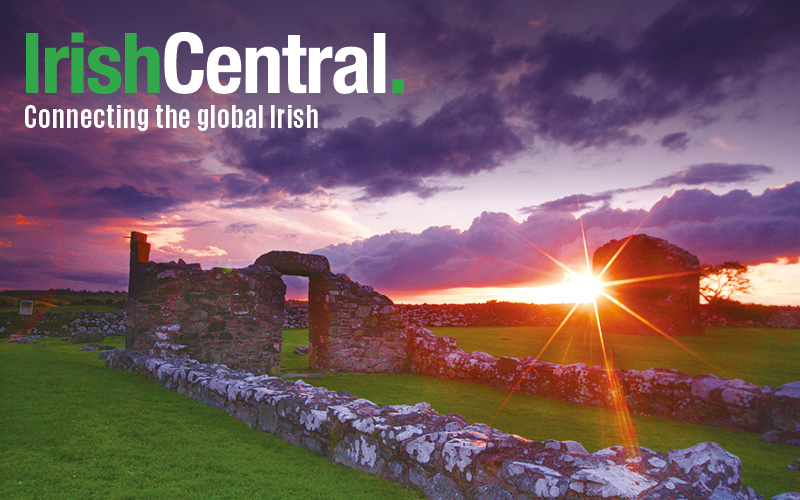Vice Presidential candidate Mike Pence has claimed in some interviews to be a "a born-again, evangelical Catholic,” a religious identity that simply cannot exist. His Wikipedia page still describes him as an “evangelical Catholic.”
How he eventually decides may be as much about votes as religion. It does not seem possible to be both, rather like trying to be a Jew and a Catholic at the same time.
Catholics and evangelicals have many differences, not least the Eucharist during which, Catholics hold, the host and the wine is transformed into the body and blood of Christ. It is the fulcrum of the entire faith and denied by evangelicals.
Likewise, evangelicals do not believe in veneration of the Virgin Mary or in saints who are proclaimed by the Catholic Church. Evangelicals believe literally in the scriptures; Catholics give equal weight to traditions. Catholics accept evolution, in accordance with a 1950 papal encyclical, and global warming. Evangelicals do not.
via ReligionEthics: What exactly is an "evangelical Catholic"? https://t.co/PIR1ntZVhd pic.twitter.com/OSCsNWZkM6
— Duly Noted (@du_li_no_TED) July 16, 2016
Pence was raised in an Irish Catholic family in Columbus, Indiana forty miles from Indianapolis. It was a devout household. His parents had moved there from Chicago’s southside and Pence still considers Chicago a second home.
He was especially close to his Irish grandfather, Edward Cawley, who came over in 1923 and became a bus driver. He says he can still hear his grandfather’s "brogue ringing in his ears." Growing up, like many Irish Catholic homes, Pence’s hero was JFK. He was a committed Democrat, even voted for Jimmy Carter in 1980 before he became a Republican.
He was an altar boy and attended private Catholic schools and considered the priesthood. Pence became a born-again Christian in college while a member of a nondenominational Christian student group. His key moment occurred at a Christian music festival in Asbury, KY in the spring of 1978. That was the moment he made a "commitment to Jesus Christ,” saying he envied people who had a personal relationship to Jesus Christ.
However, the story gets murky from then. After that point, in 1978, Pence continued to attend mass (where he met his wife) and worked as a Catholic youth minister and even considered the priesthood. Pence called himself Catholic in a 1994 news piece, although by 1995, Pence and his family had joined an evangelical megachurch, the Grace Evangelical Church. He later left, however.
All the most excruciating moments from the Trump/Pence nightmare 60 Minutes interview https://t.co/9ZGIVttQhW pic.twitter.com/W2drUv1Vzu
— Gawker (@Gawker) July 18, 2016
As he gained political office more questions about his faith arose. Craig Fehrman, a freelance writer in Indiana, pressed him on it and Pence responded: “All he’d say was ‘I cherish my Catholic upbringing,” Fehrman said.
He went on to publish the piece in the Indianapolis Monthly. He quotes Pence as saying “I’m a pretty ordinary Christian.” Pence declined to say where he and his family went to church, saying only, “We’re kind of looking.”
Fehrman says “I think he wasn’t making a fine theological point, but was torn between his family’s faith and background and a new and more exciting faith.”
Nowadays he described himself as a Christian, a Conservative and Republican in that order, and some have hinted that he pushes the evangelical line because it helps him with those voters in Indiana (home of Notre Dame). Catholics in the state are pretty conservative anyway.
He has clashed with the hierarchy in recent times after the archdiocese brought in a few Syrian homeless families and Pence objected.
Pence may well be called on to clarify his beliefs further during the campaign and an accusation of 'flipping' on faith would be an entirely new one. What is clear, however, is that it remains unclear what his beliefs are and how his faith shapes him. It may be that his rise has been so sudden he has not had time to fully clarify these matters.




Comments